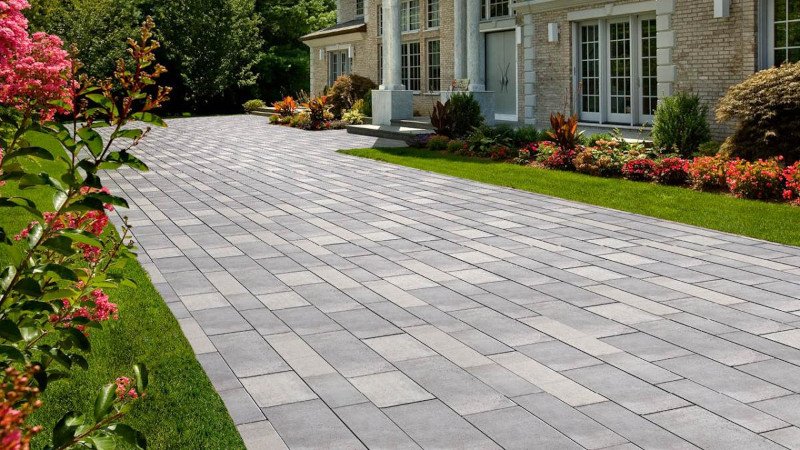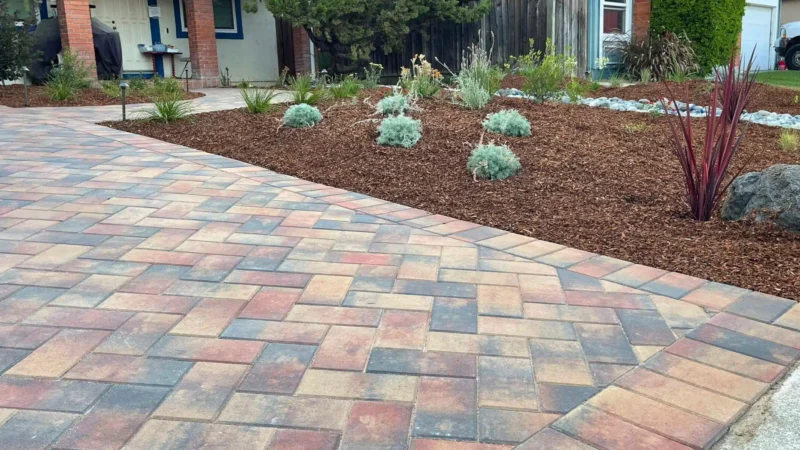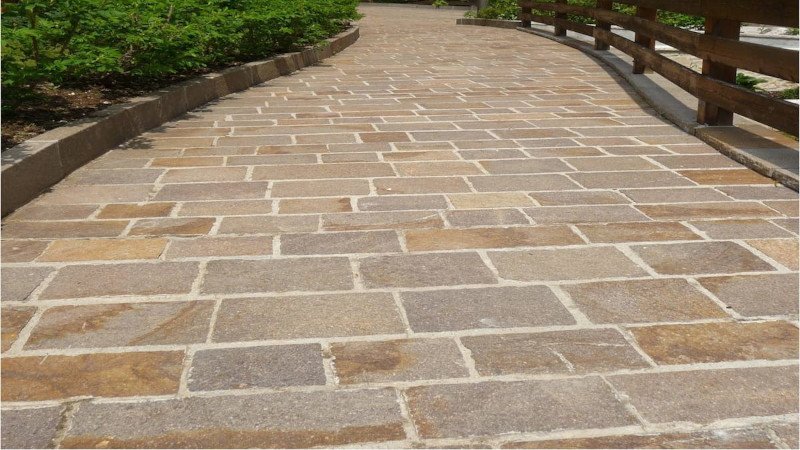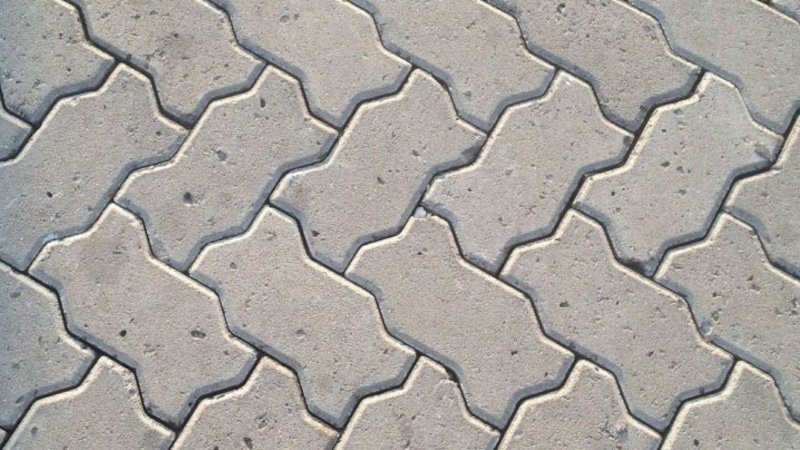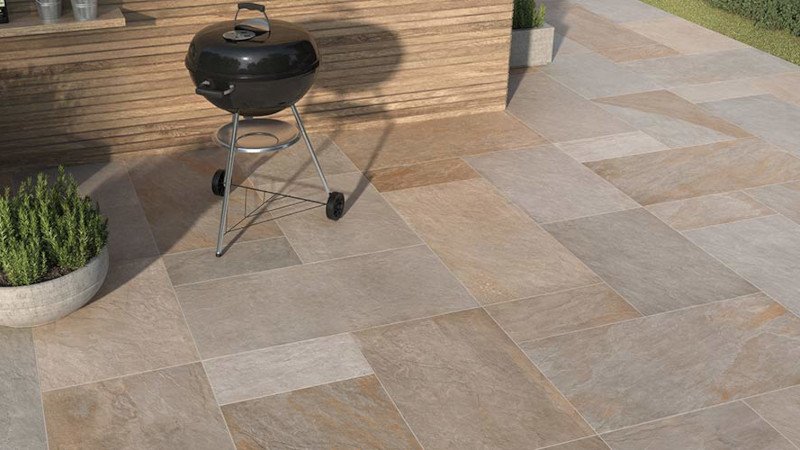Permeable Pavers

Permeable pavers are a sustainable and environmentally friendly option for outdoor hardscaping projects. These pavers are designed with a porous surface, allowing water to pass through and infiltrate the ground. Here’s an expanded overview of permeable pavers:
- Environmental Benefits:
- Permeable pavers contribute to stormwater management by reducing surface runoff. The porous surface allows rainwater to infiltrate the ground, replenishing the water table and minimizing erosion.
- Porous Design:
- The surface of permeable pavers is intentionally created with voids or openings, allowing water to flow through the joints and the paver itself.
- This design promotes natural water filtration, helping to remove impurities as water percolates through the underlying soil.
- Materials:
- Permeable pavers can be made from various materials, including concrete, clay, or even recycled materials like plastic. The choice of material can impact both the aesthetic and environmental aspects of the pavers.
- Applications:
- Commonly used in areas where stormwater management is a priority, such as parking lots, driveways, walkways, and patios.
- Permeable pavers are also suitable for landscaping projects, helping to create sustainable and eco-friendly outdoor spaces.
- Stormwater Management:
- Permeable pavers play a role in reducing the “urban heat island” effect by allowing water to evaporate and cool the surface.
- They help mitigate flooding and erosion by reducing the volume and velocity of stormwater runoff.
- Groundwater Recharge:
- By allowing rainwater to permeate the ground, permeable pavers support groundwater recharge. This is especially important in areas where water resources are limited.
- Design Flexibility:
- Permeable pavers come in various shapes, sizes, and colors, providing design flexibility for different aesthetics and project requirements.
- They can be used in combination with other paving materials to create visually appealing patterns and designs.
- Durability:
- Permeable pavers are designed to be durable and able to withstand the weight of vehicles and foot traffic.
- Proper installation and maintenance contribute to the longevity and effectiveness of permeable paver systems.
- Maintenance:
- Regular maintenance involves cleaning the surface to remove debris and prevent clogging of the pores. Some systems may require occasional vacuuming or power washing.
- Proper joint material, such as aggregate or specially designed permeable joint sand, helps maintain the integrity of the permeable surface.
- Local Regulations and Incentives:
- In some areas, the use of permeable pavers may be encouraged or required by local regulations aiming to manage stormwater runoff.
- Some regions offer incentives or credits for the installation of permeable pavers as part of sustainable development practices.
Permeable pavers are an eco-friendly choice for outdoor projects, offering both functional and aesthetic benefits. Their ability to contribute to sustainable water management makes them a valuable option in environmentally conscious landscaping and construction practices.


